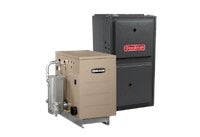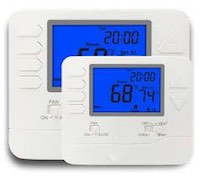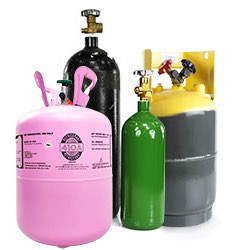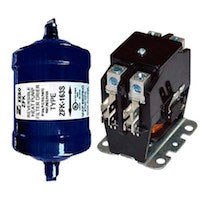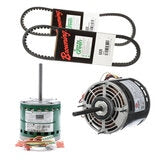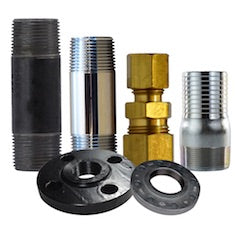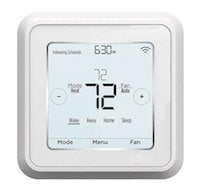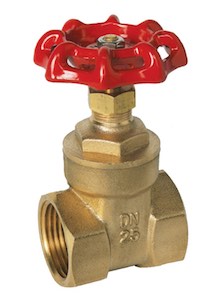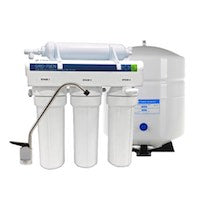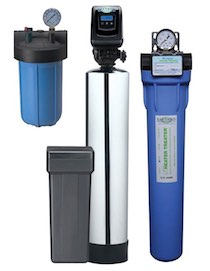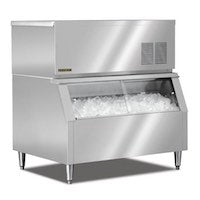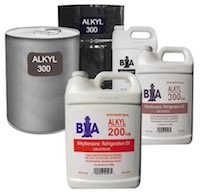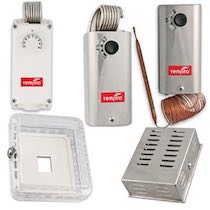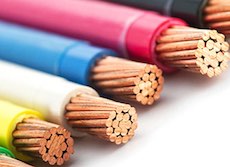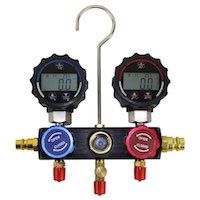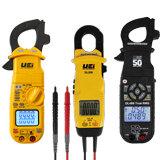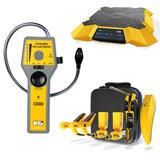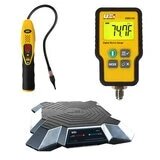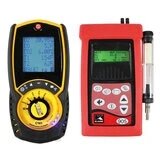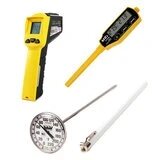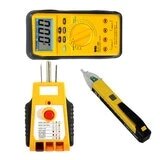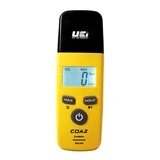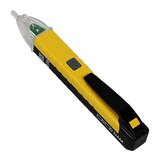Why Electrical Testers are a Must-Have
Electrical testers are designed to detect the presence of voltage, current, or resistance in electrical circuits. This functionality makes them invaluable for anyone working with electrical systems. The ability to quickly identify potential issues before they escalate into serious problems is one of the key benefits of using an electrical tester. For instance, identifying a live wire or a faulty connection can prevent electrical shocks, fires, or damage to appliances and devices.
Types of Electrical Testers and Their Benefits
1. Voltage Testers: These are simple yet effective tools used to check if a wire or device is live. They are essential when you need to confirm that circuits are de-energized before beginning any electrical work.
2. Multimeters: A multimeter combines several measurement functions in one unit, including voltage, current, and resistance. It is an all-in-one tool that can help diagnose various electrical issues, making it a favorite among professionals.
3. Continuity Testers: These testers are used to check if there is a continuous path for current flow in a circuit. They are particularly useful when troubleshooting connections and wiring.
4. Clamp Meters: These testers measure the current in a wire without needing to disconnect it, providing a quick and safe way to assess current flow.
Key Features to Look for in Electrical Testers
When selecting an electrical tester, it's important to consider features such as accuracy, durability, and ease of use. Modern testers often come with advanced features like backlit displays, audible alerts, and auto-ranging, which simplify the testing process and enhance safety. Look for testers that are CAT-rated for the highest levels of safety and reliability, especially when working in environments with high voltage.
The Importance of Regular Testing
Regular testing of electrical systems with reliable testers can save both time and money by identifying issues before they lead to costly repairs or dangerous situations. By ensuring that circuits and electrical components are functioning correctly, you can prevent electrical failures that might disrupt your work or compromise safety.

 HVAC
HVAC
 Plumbing
Plumbing
 Tools & Test Instruments
Tools & Test Instruments

